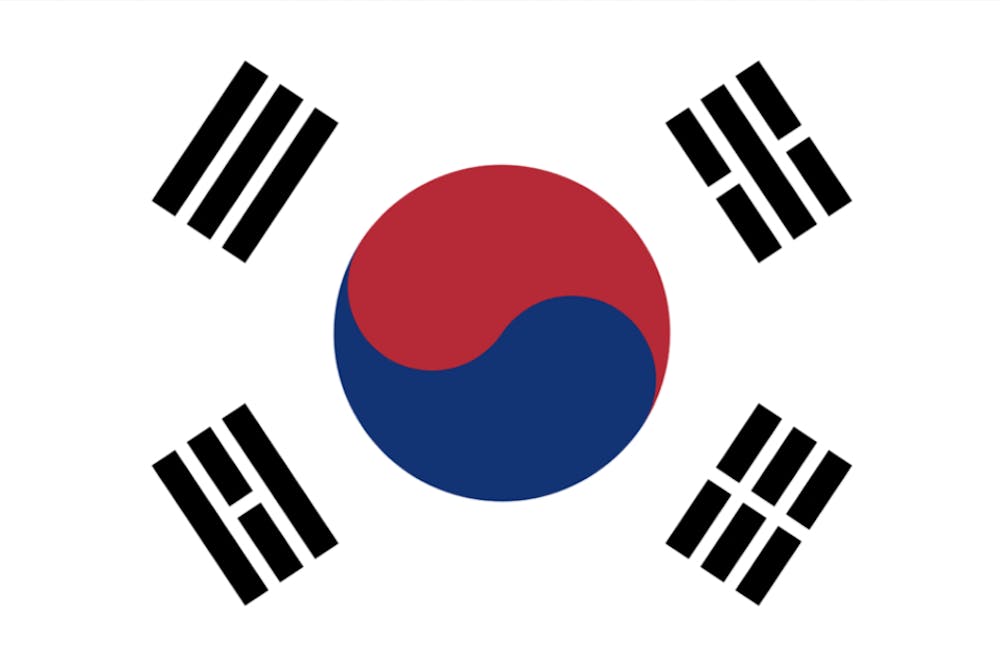By Soorin Kim
Staff Writer
Yoon Suk-yeol, a former chief prosecutor, is set to replace Moon Jae-in as President of South Korea on May 10. Suk-yeol has become increasingly known in the West as a “K-Trump,” similar to Brazil’s “Trump of the Tropics,” Jair Bolsonaro. Suk-yeol is a staunch conservative, running on a platform combatting the rising feminism movement in Korea to some consternation and some heady approval.
The election campaign pitted Suk-yeol against the former governor Lee Jae-myung, a liberal candidate seen as the “lesser of two evils” by leftists. For the first time in South Korean politics, the gender conflict played a large role in debates and campaigns. The feminism movement, and the vehement backlash it received, needed to be addressed.
In recent years, South Korean women have been contesting the rampant gender inequality that plagues the nation in sectors ranging from representation in boardrooms to increased rates of sex crimes. Women have since turned out in the thousands to protest against the practice of molka, a form of sexual assault in which spycams are placed in women’s restrooms. South Korean women also catalyzed their own “Me Too” movement, enabling victims to speak out against their abusers.
Feminists have made decent strides in changing Korean attitudes about the roles of women in both work and family life. They’ve also found legislative success in overturning abortion laws. However, Suk-yeol’s victory will stop the movement in its tracks.
His most famous and controversial decree as of yet is to abolish South Korea’s Ministry of Gender Equality and Family, claiming that the department’s title discriminated against men. Among other stances Suk-yeol has taken, he has also vowed to make the punishment for a falsely reported sexual assault much harsher and deemed the women’s liberation movement a scourge on the population’s birth rates.
Suk-yeol did not hide the fact that he courted the anti-feminist vote. Growing as a response to women’s outrage, South Korean men have begun to organize into reactionary groups both online and in person. These anti-feminists could be seen heckling women’s rights rallies or expressing their ardent dislike of the movement in the comment sections of prolific female politicans. Unlike many virtual conservative fringe groups, the anti-feminist movement erupted with widespread approval, proving populous enough to be worth campaigning to.
Suk-yeol leaned in heavily to the growing vitriol for gender equality in Korea, specifically addressing the country’s economic failings. Many young men who are a part of the misogynistic movement feel strongly that a typically patriarchal system has unexpectedly turned against them. The rights and expectations of women have been growing to include a college education and a place in the elite corporate workforce. Though massive inequality remains, many men believe that the strides feminists have been able to make are evidence enough of a reverse discrimination present in the country.
With Suk-yeol in office, however, issues of equal pay (a hot button topic in Korea where the gender wage gap is among the highest of all developed nations) and equal consideration in the workplace are bound to be negatively effected by anti-feminism. Many women fear the consequences of Suk-yeol’s restrictive laws and wonder how far back the conservative movement will set the emergently progressive country.
The situation is comparable to when Donald Trump first took office in 2017.
Disappointed Democrats were apprehensive about a possible uptick in hate crimes, especially those geared towards Muslims. Their worst fears came to fruition, as across the country empowered radical right-wingers began to commit racist atrocities in large numbers.
In the weeks leading up to Suk-yeol’s victory, hate crimes against feminists have seen a similar increase.
One can only wonder how far the attacks will go once Suk-yeol begins to implement his campaign promises, giving vindication to the many angry men who have cursed feminism as the basis of their ills.
After the 2017 impeachment of the country’s first woman President, Park Geun-hye, there have been questions about the stability of a corruption-free democracy in South Korea. With the many undemocratic proposals Suk-yeol has been making on the campaign trail, it is easy to be nervous about the future of Korean politics. A potentially corrupt government may allow for the reversals of many laws granting essential rights to women.
The future is hazy and unprecedented.
Never before has the debate on women’s rights been a discussion that South Koreans have been able to have so outspokenly. I am hesitant to express optimism, foreseeing a similar Trump administrative era for South Korea that threatens everything from abortion law to the ability to report sexual assault.
But democracy is not dead yet. I believe the large population of young Korean feminists have gained too much momentum in the recent past to be snuffed out so decisively.
Protests will rage on, even in private, less noticeable ways: women will continue to defy conventions, burning bras or wearing hair rollers in public (a popular new trend that disregards standards of beauty). As like many times before in the history of social justice, the tide will turn in the favor of feminism in Korea. Suk Yeol’s election is a set-back, but it is only just that: a set-back. Feminism still has a long and successful future in front of it in South Korea.







